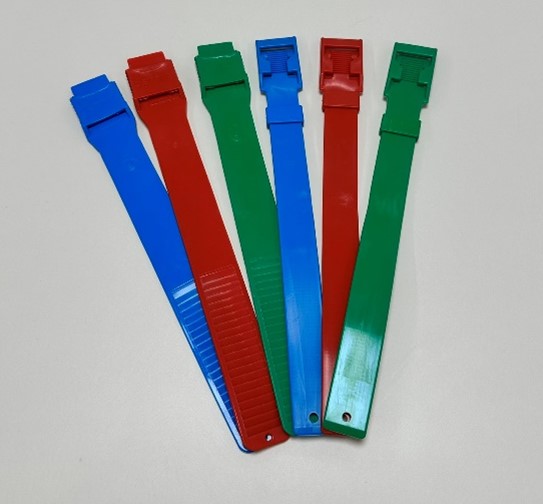Lithuania gave those who entered in cars with Russian license plates six months to leave

Lithuanian customs has published a new requirement for owners of cars with Russian license plates who entered the country before the entry ban came into force - before September 11, LRT reports.
Such vehicles must leave Lithuania and the entire territory of the European Union within six months from the date of entry, the message says.
The exception applies to Russians transiting to or from the Kaliningrad region using cars registered in Russia with a simplified transit document. Such transit through the territory of Lithuania cannot last more than 24 hours.
The Lithuanian authorities said that they intend to follow the recommendation of the European Commission to ban Russians from entering EU countries in cars with Russian registration and license plates on September 12.
On September 10 , the European Commission clarified the rules for applying existing sanctions, according to which entry into EU countries using personal cars registered in Russia will be regarded as prohibited import .
Lithuanian Vice-Minister of Foreign Affairs Jovita Neliupsiene warned that any Russian or EU citizen crossing the border in a car registered in Russia without transit documents to Kaliningrad must understand that the vehicle will be confiscated.
Read PionerProdukt .by Is democracy really good for the economy - The Economist Digital transformation and import substitution: how business is changing in Russia How to become happy: the “Wheel of Life” methodology “Mutual Destruction”. Why the CIA thinks China is preparing for warAccording to her, Russians can now cross the border “only if they have the right to do so,” either by bus or on foot.
In addition to Lithuania, six EU countries banned the entry of cars with Russian registration, including Norway, Finland, Poland , Latvia, Estonia and Germany . France announced that it has no plans to ban entry into the country and change its decision.
In these countries, exceptions are made for EU citizens and their immediate family members. The restrictions also will not affect buses, cars with diplomatic license plates, or motorcycles.
The head of the Federation Council Committee on Constitutional Legislation and State Building, Andrei Klishas, called for tough mirror measures to be taken. “Civilized people should not allow themselves to be treated as second-class citizens,” he stressed.

























































